The Marketing Manchester talk was led by Bruce Katz from the Brookings Metropolitan Policy Program, an American think-tank focussed on the role of cities. It included the City Council Leader, Sir Richard Leese, and Mike Emmerich, chief executive of Greater Manchester's economic think-tank. Yep two think-tankers on one panel.
Castellani's one of those people who through his character and brains are dogged by success. That could sound pejorative, that ‘dogged’, but I mean by it that Castellani seems a man for whom success was inevitable, that he couldn’t help but become ‘something’. His noggin is too full of grey matter. His smile is too personable.
This is his biog. The official one, sent to me ahead of the tour.
‘Valentino graduated in Electronic Engineering in 1963 at the Politecnico di Torino (Turin), where he is now a noted university professor and alumni, and spent a year at MIT where he graduated in Electrical Engineering in 1965. He was the independent mayor of Turin from July 1993 to May 2001, when he led the centre-left coalition and helped to develop the first strategic plan ever completed by a major Italian city. In his role as mayor, Valentino focused on creating an international network for the city by actively building relationships with European cities such as Barcelona, Lyon, Glasgow, Stuttgart, Koln, Bilbao and Stockholm, in order to understand best practice from other urban areas. From 1999 to 2006 Valentino was President of the Turin Organizing Committee for the 2006 Winter Olympics.’
Valentino Castellani has another quality which became apparent on the tour.
This is a quality that is always present in the successful people I’ve met. He was an enthusiast.
The tour started at 7.45am – which is just about the earliest tour I’ve ever conducted. It finished at 9.15am at the Town Hall.
As we walked Castellani was fascinated by the changes he could see in Manchester over the last few decades, he was also aware of the historical movements such as the Free Trade Movement (he felt "honoured" to have his picture taken under the statue of William Gladstone) and he wanted answers on industrial decline and the economy of Manchester now.
He thought the Civil Justice Centre was simply astonishing.
An aside on this.
In the game of cities, in the battle for prestige, landmark buildings delivered for effect as well as for function, are important. They are a statement of city intent, a symbol of ambition and confidence.
Continuing the aside, I wish sometimes when I read some of the more small-minded ranters on Manchester Confidential they could walk around with me on guided tours with overseas visitors. It might teach them to look beyond their own narrow worlds. These ranters remind me of CS Lewis’s Dufflepuds in the Voyage of The Dawn Treader. Contrary characters who are unable to agree with anything, even things which are manifestly for their own good. The expression, 'cut off their nose to spite their face' was invented for them.
Anyway back to the theme. Castellani was also deeply interested in Manchester’s politics.
Given the crazy oscillating nature of Italian politics, its party schisms, breakdowns, its coalitions and scraps, the fact that Manchester has been ruled and run by the Labour Party alone for more than a generation he found bewildering.
He told me how he’d got into politics.
“The centre-left party invited me. I was at the university and they had heard of me; perhaps 1,000 people knew of me in Torino. But the party wanted to make a break from the endless battles and intrigue in the city and they must have thought an engineer and an academic could be more impartial. The corruption and the conflict were making big problems in the city, destroying confidence, resulting in nothing being done.
“So they asked me to stand. I got in at the first election with a majority of just a few people. Then I think I shocked the party. Instead of employing party friends in the city cabinet and key city posts – maybe sometimes as thanks for a favour granted, or maybe because it was thought they could help party leaders personally rather than the city which paid them – I employed the best I could from around the country. So the best person for transport was brought in from outside politics and so on. It worked and I got voted in the second time with a large majority.”
Cronyism is the bane of politics, it stultifies, corrodes.
It was fascinating to have an influential man from outside Manchester and the UK articulating this. Does cronyism exist in Manchester? Of course it does. Did Castellani eradicate it from Turin life. Of course not. But he became a symbol across Italy of the benefits of good governance.
This is what tours do, they teach the guide about their own city almost as much as they teach others about the city. As I say I wish some of the naysayers and dufflepuds of Manchester could share the experience. A perspective on their own city would do them good.
As we shook hands at the Town Hall, Castellani said: "If you're ever in Torino, let me show you round my city. Like you I'm very proud of it. We have our problems of course, but if you have a sense of identity it can be so strong, so helpful. Of course you have to be careful the identity doesn't stop you looking outside the city. We are all part of the world."
"Instead of employing party friends in the city cabinet and key city posts – maybe sometimes as thanks for a favour granted, or maybe because it was thought they could help party leaders personally rather than the city which paid them – I employed the best I could from around the country."
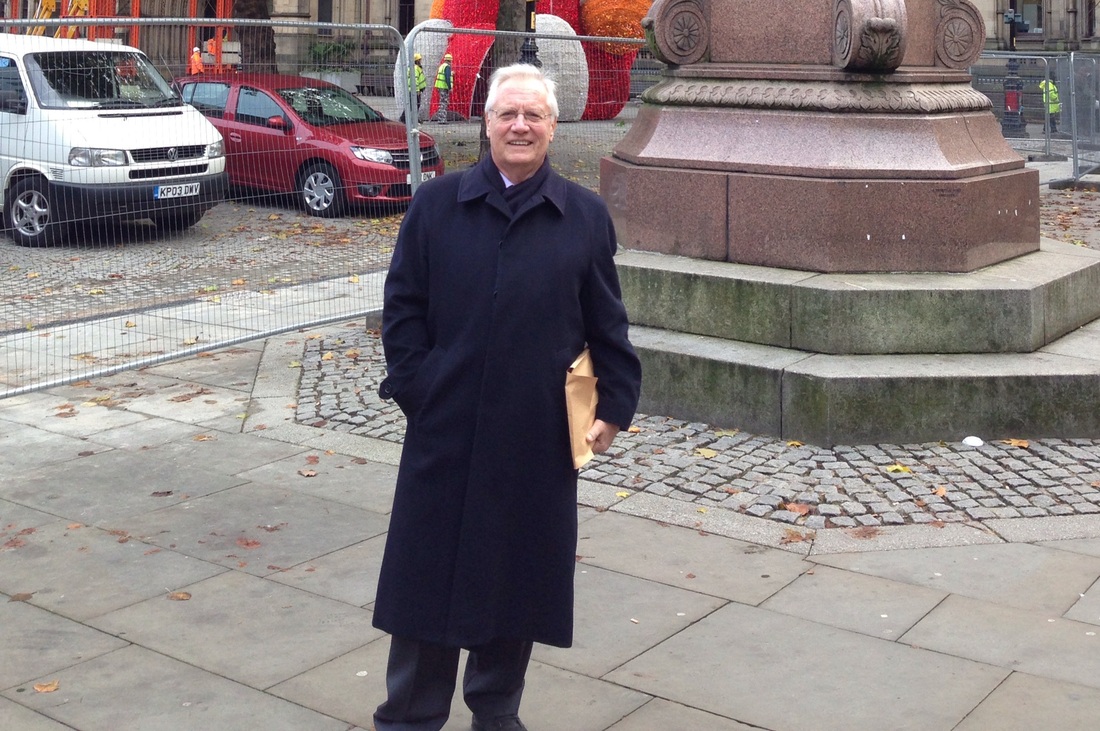
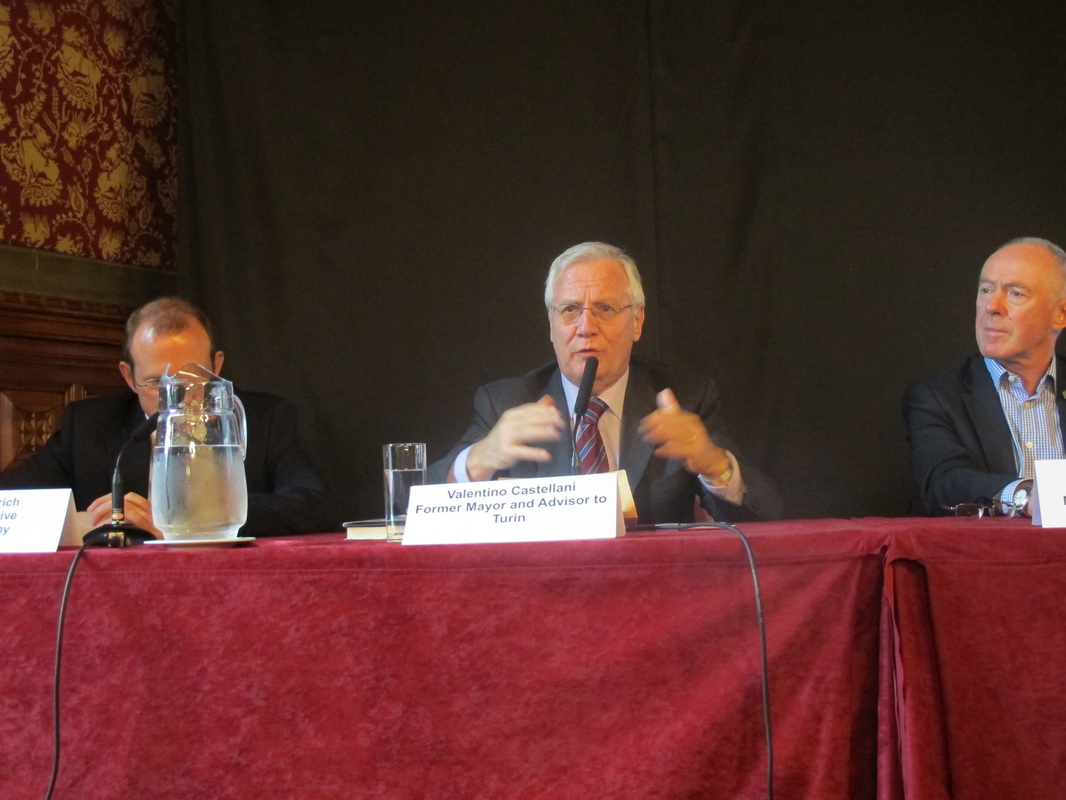
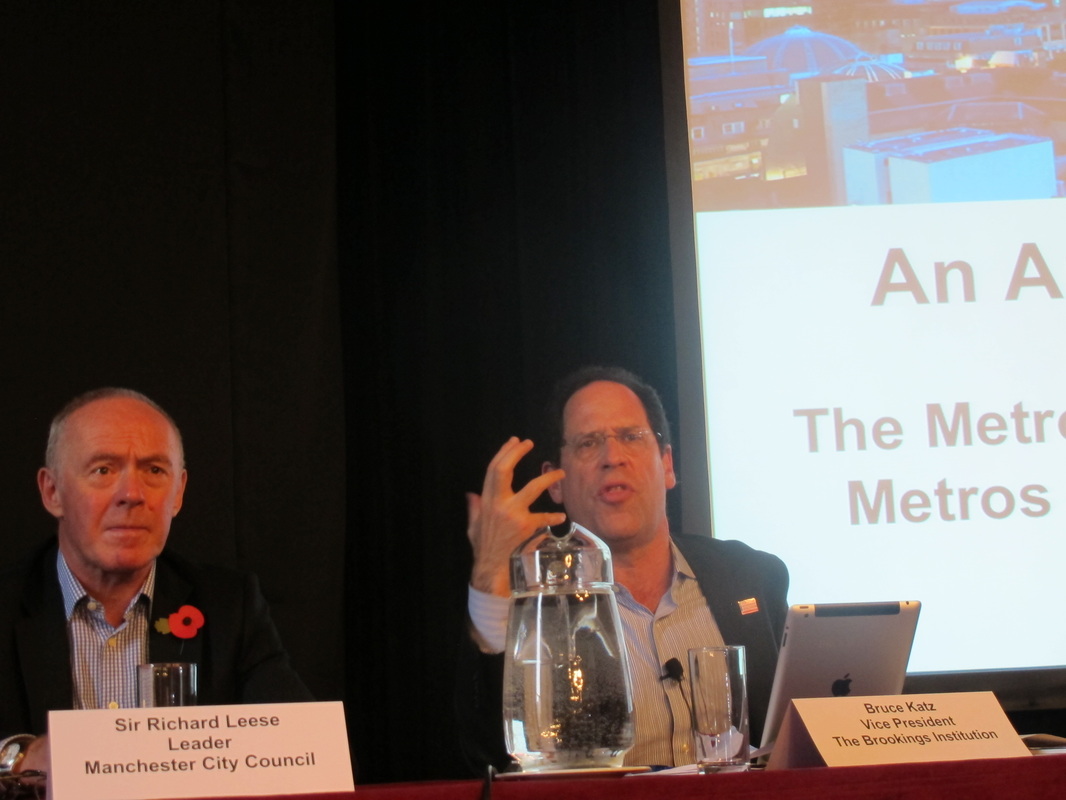
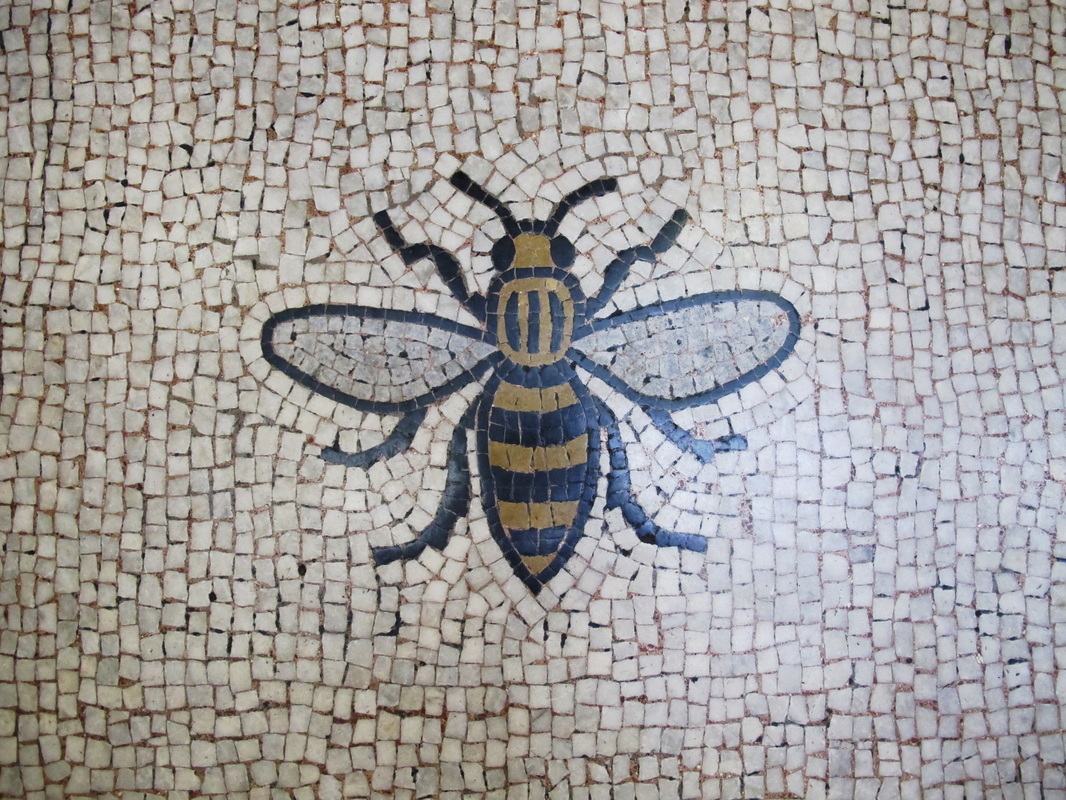
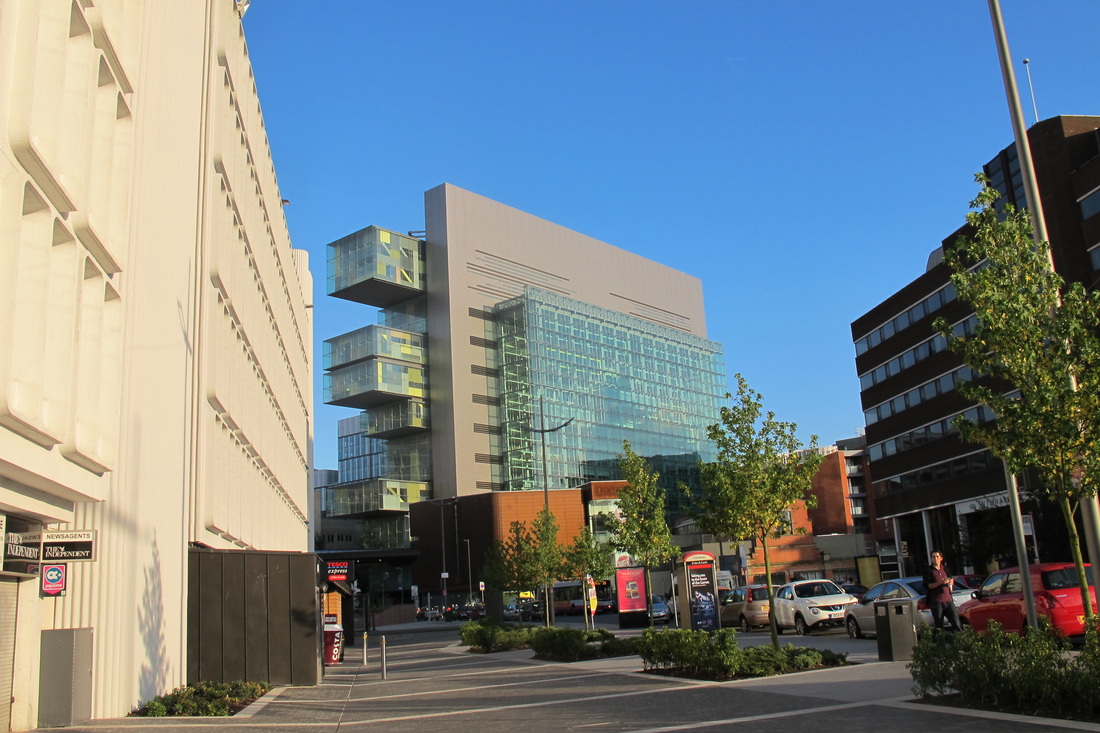
 RSS Feed
RSS Feed